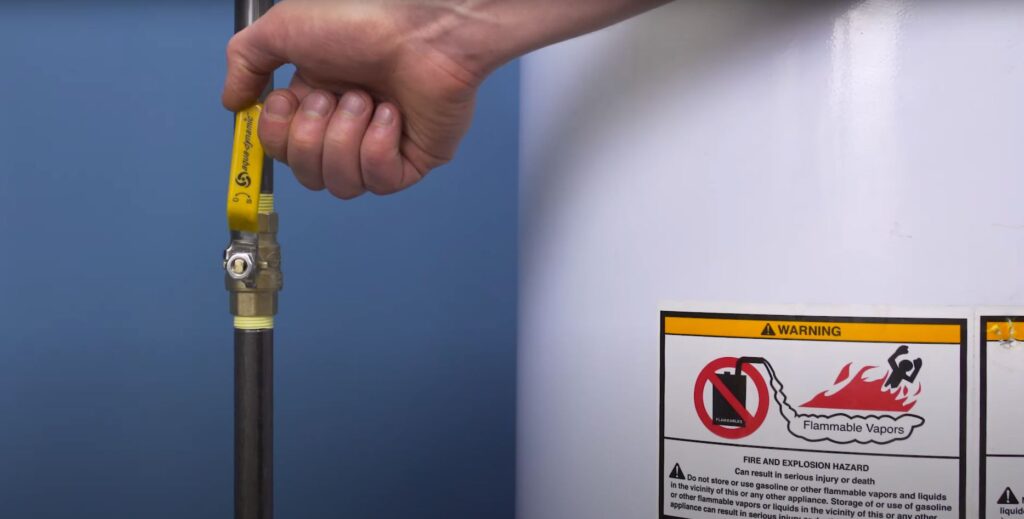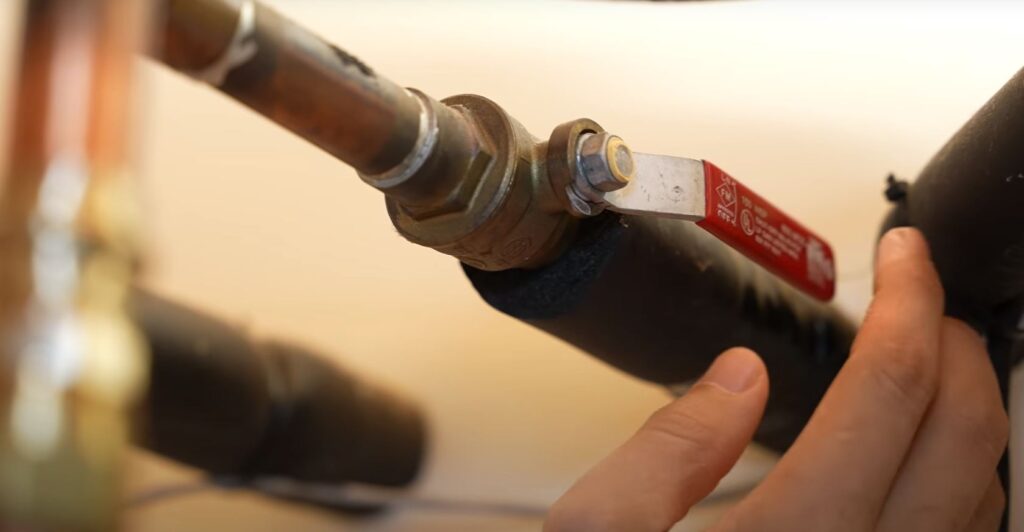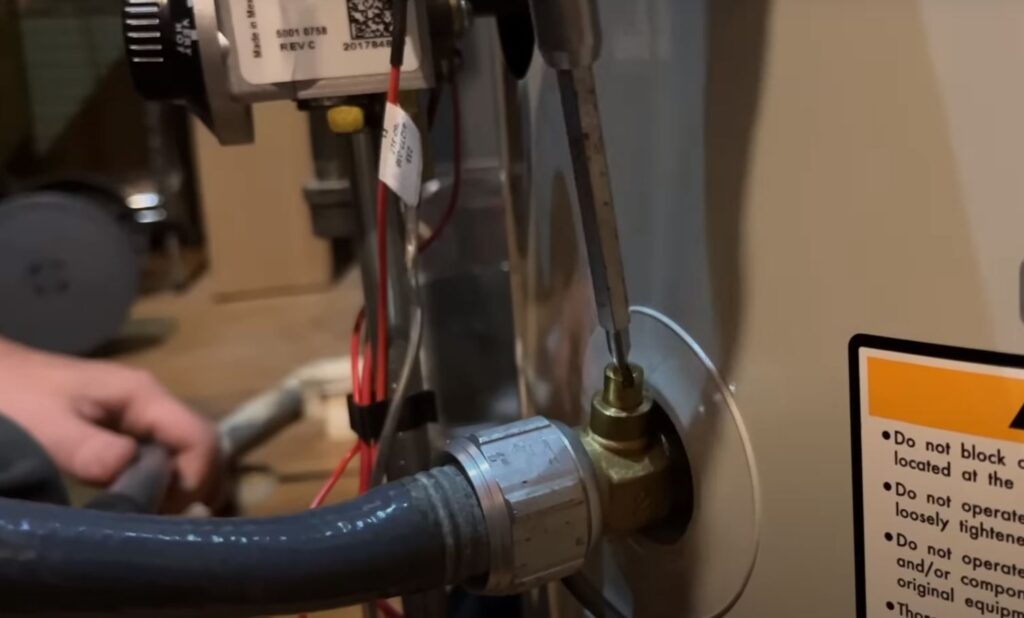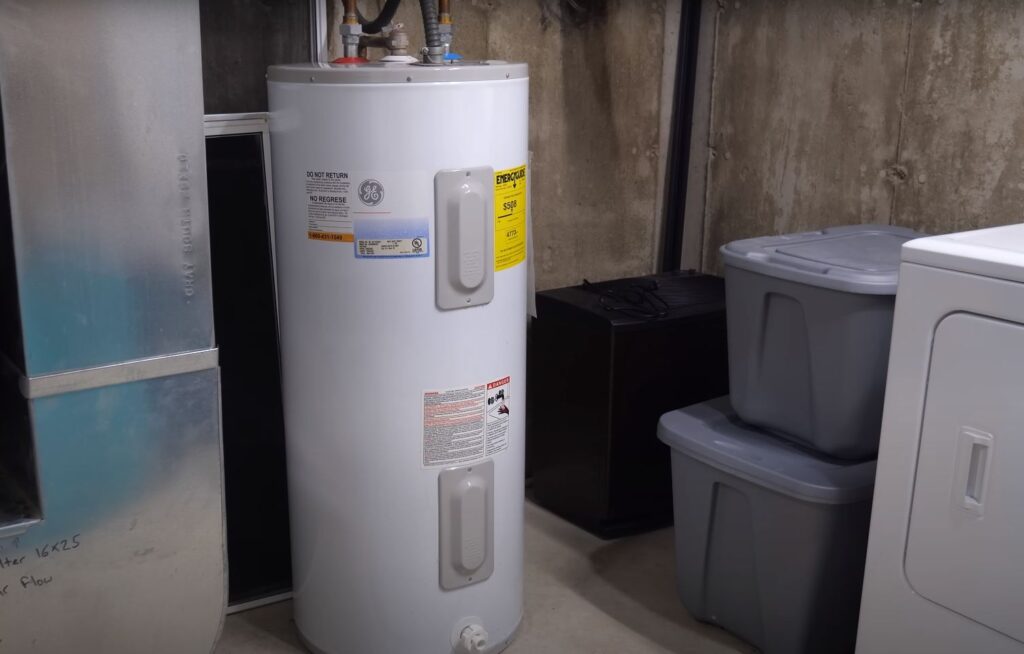Deciding Between Repairing and Replacing Your Water Heater
Navigating the path between repairing an old water heater and opting for a brand new one isn’t as clear-cut as some may think. Factors such as the age of the unit, repair costs, and potential energy savings all come into play. As Melburnians know, nothing beats a hot shower on a chilly morning, so making the right choice is crucial.
Consider the Age of Your Water Heater
Water heaters, like all household appliances, have a predetermined lifespan. On average, tank-type water heaters can last anywhere between 8 to 12 years, while tankless or on-demand types can push 20 years if maintained correctly.
- Tank-Type: 8-12 years
- Tankless: Up to 20 years
If your unit is nearing the end of its expected lifespan and is demanding frequent repairs, it might be high time to consider a replacement. On the other hand, if it’s relatively young and has had few issues until now, a repair could be the more cost-effective route.
Assess the Repair Costs
While some repairs can be minor and relatively cheap, others can almost touch the cost of a brand-new unit, especially when factoring in labour costs in Melbourne. If the repair price amounts to more than half the cost of a new heater, it’s generally more economical to replace the unit.
Factor in Energy Efficiency
Newer water heater models tend to be more energy-efficient than their predecessors. This means that even if the old unit is functioning adequately, it might be consuming more power, leading to higher utility bills. Modern units, especially those with a high energy efficiency rating, can save homeowners significant amounts on their monthly bills over time.
Safety Concerns
Old water heaters can sometimes become safety hazards. Rusting can lead to tank leaks, or in worst scenarios, the tank bursting. There’s also the risk of electrical malfunctions in older models. Before making any decisions, it’s essential to have a professional, perhaps from a trusted local service in Brunswick, assess the unit for any potential risks.
Potential for Rebates
Sometimes, local councils or energy service providers offer rebates or incentives for homeowners who upgrade to more energy-efficient appliances, including water heaters. These rebates can offset the initial purchase and installation costs of a new unit.
Availability of Spare Parts
For very old water heater models, finding replacement parts can be a challenge. Manufacturers may discontinue parts for models that are no longer in production. If this is the case, frequent repairs can become a headache, pushing the scale towards replacement.
Environmental Considerations
Older units might not only be less energy-efficient but could also be less environmentally friendly. New models tend to have a reduced carbon footprint, aligning with the growing emphasis on sustainable living.
Summary Table: Repair Vs. Replace
| Criteria | Repair | Replace |
| Cost | Variable; could be high for major issues | One-time cost; can be offset by energy savings and rebates |
| Energy Efficiency | Lower with older models | Higher with newer models |
| Safety | Potential risks with very old units | New units come with updated safety features |
| Availability of Parts | Difficult for outdated models | Not an issue with new units |
| Environmental Impact | Potentially higher carbon footprint with older units | Reduced carbon footprint with modern models |
In conclusion, the decision to repair or replace an old water heater hinges on several factors. While cost is a significant consideration, homeowners should also assess the unit’s age, energy efficiency, and safety concerns. Engaging with water heater repair professionals, like the team at Hot Water Repairs Melbourne, can provide expert guidance, ensuring residents make the best choice for their needs and circumstances.
Frequently Asked Questions on Water Heaters
How long does a typical water heater last?
Most tank-type water heaters have a lifespan of 8 to 12 years, while tankless models can last up to 20 years with proper maintenance.
What are the signs that my water heater needs replacement?
Frequent breakdowns, rusty water, rumbling noises, and leaks around the unit are common indicators.
Is it more energy-efficient to go tankless?
Yes, tankless or on-demand water heaters generally use less energy because they heat water only when needed.
How often should I service my water heater?
It’s advisable to have a professional inspect and service your water heater annually.
Can I install a water heater myself?
While some homeowners might tackle this, it’s recommended to have a licensed professional handle the installation to ensure safety and efficiency.
What size water heater do I need?
The ideal size depends on your home’s water usage. A family of four, for example, might require a 50-60 gallon tank-type heater or a larger capacity tankless model.
Is hard water bad for my water heater?
Yes, hard water can cause mineral buildup in the tank, which can affect performance and lifespan.
How can I improve the efficiency of my current water heater?
Regular maintenance, insulating the heater, and lowering the thermostat slightly can help improve efficiency.
Can a leaky water heater be repaired?
It depends on the source of the leak. While some leaks can be fixed, others, especially if from the tank itself, often indicate the need for replacement.
What is the best temperature setting for my water heater?
The recommended setting is around 50°C to 60°C. This ensures hot water while minimizing the risk of scalding and energy wastage.
How do I drain my water heater?
Turn off the power and water supply, connect a hose to the drain valve, open a hot water tap to let air in, and then open the drain valve.
Do newer water heaters require less maintenance?
While newer models might have advanced features, regular maintenance is still crucial for longevity and efficiency.
Key Takeaways on Water Heater Repair and Replacement
Efficiency Decreases Over Time:
As water heaters age, their efficiency tends to decrease, leading to higher energy bills.
Lifespan Varies by Type:
While tank-type water heaters last around 8 to 12 years, tankless models can last up to 20 years with proper care.
Maintenance is Crucial:
Regular inspections and service can prolong the life of your water heater and keep it running optimally.
Early Replacement Can Be Cost-Efficient:
Replacing an old, inefficient model before it breaks down completely can save you in energy costs and potential damage expenses.
Safety First:
Always hire a professional for installation or major repairs to ensure the work is done safely and to code.
Hard Water Can be a Problem:
Mineral buildup from hard water can reduce efficiency and shorten the life of your heater.
Modern Models Offer More Features:
Newer water heater models often come with energy-saving technologies and advanced safety features.




